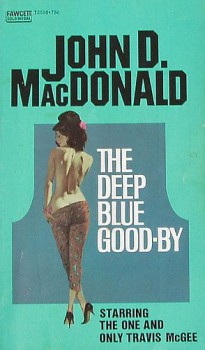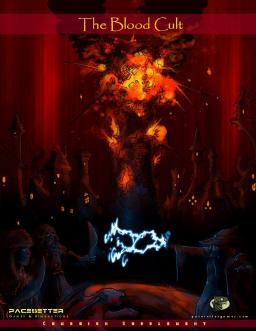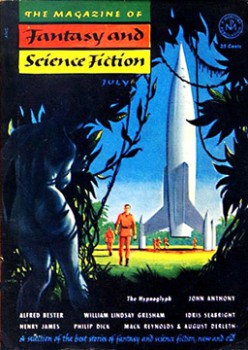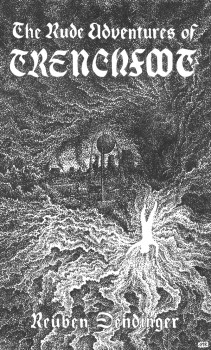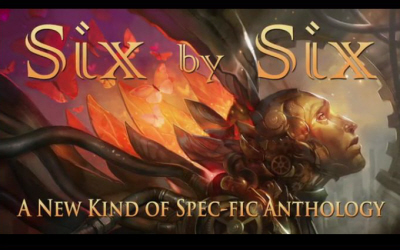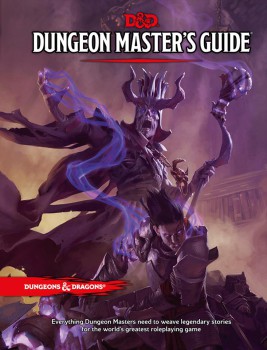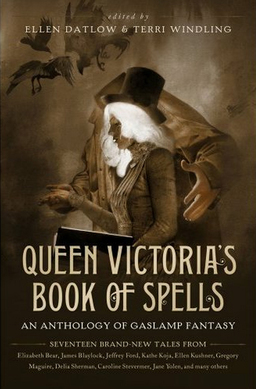Thongor of Lemuria – Part One by Lin Carter
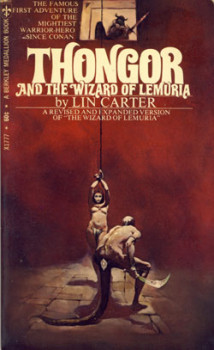 If I didn’t know better, I’d swear Lin Carter’s Thongor of Lemuria novels were a deliberate exercise in camp. The first two novels in the seven book series, Thongor And The Wizard of Lemuria (1965) and Thongor And The Dragon City (1966), are so frenetic and exaggerated there are times it’s difficult to believe they were intended to be taken seriously. I struggle to believe that Carter hadn’t meant for me to laugh when I read that Thongor distrusted magic because of his “clean healthy, Northlander blood.”
If I didn’t know better, I’d swear Lin Carter’s Thongor of Lemuria novels were a deliberate exercise in camp. The first two novels in the seven book series, Thongor And The Wizard of Lemuria (1965) and Thongor And The Dragon City (1966), are so frenetic and exaggerated there are times it’s difficult to believe they were intended to be taken seriously. I struggle to believe that Carter hadn’t meant for me to laugh when I read that Thongor distrusted magic because of his “clean healthy, Northlander blood.”
But I do know better. Much has been written (some of it by me) about Lin Carter’s love for heroic fantasy and his efforts to emulate his favorite writers in his own books. The Thongor stories read like he took Robert E. Howard’s Conan stories, smooshed them together with Edgar Rice Burroughs’ John Carter novels, then cranked everything up to eleven. But, and this is true of his Lovecraft Mythos fiction too, he mimics the style of his literary heroes without ever conveying the substance that gives power to their work to this day.
To give Lin Carter his due, Wizard of Lemuria is his first published novel and Dragon City his third in only two years. In those ancient times, there was little new swords & sorcery of the mighty barbarian type being written. Michael Moorcock and Fritz Leiber were tweaking (and tweaking the nose of) the genre and Karl Edward Wagner and Charles Saunders were still kids. The big boom was right around the corner, but it hadn’t happened yet. He took the chance and stepped up to create the sort of stories he wanted to see and that’s something I will always respect.
One of the earliest reviews at my site, Swords & Sorcery: A Blog, was of Thongor And The Wizard of Lemuria (so, yes, for those of you who’ve read it, I have indeed read it a second time). It was harsh and a little intemperate. I’ve since decided that reviews of that sort don’t serve any real purpose. I also don’t want to pick on someone who can’t fight back. I want my reviews to promote the good books and understand why the weak ones fail and encourage better writing.
Like August Derleth and Sprague de Camp, Lin Carter’s too readily bad-mouthed these days (except when the stupendously important Ballantine Adult Fantasy Series is mentioned). I don’t think his fiction is read that much anymore and I feel I owe him at least the courtesy of that. So I’m going to plow through the series and report back to you, Black Gate‘s faithful readers.
